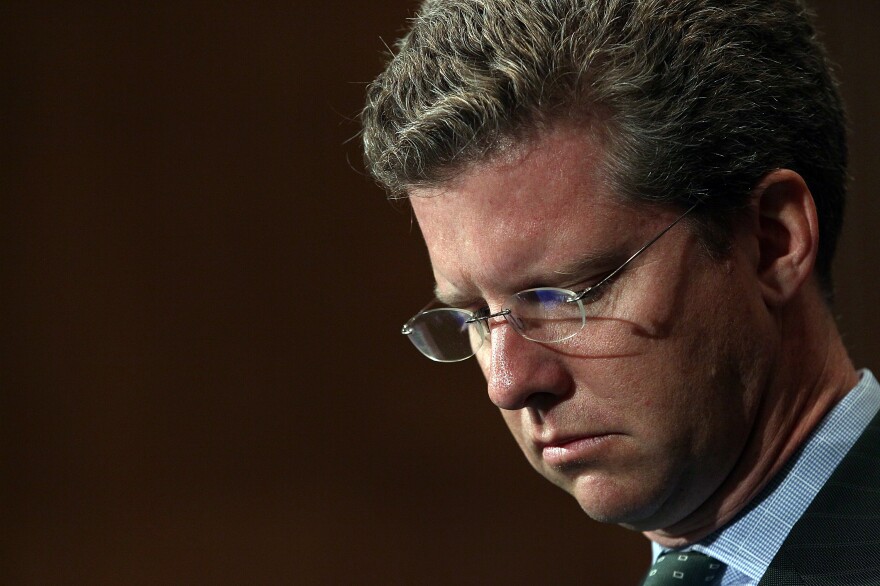The Federal Housing Administration is on track to run out of money next September and may need a taxpayer bailout, an audit released today found.
Responding to the audit, however, the Obama administration announced a series of measures that they hope will raise enough revenue to keep the agency from seeking government help.
The Wall Street Journal explains:
"Housing officials said Friday they would be raising annual insurance premiums charged on FHA loans by 0.1 percentage point in the coming weeks. The FHA will also eliminate a policy that allowed borrowers' insurance policies to lapse after five years and after their homes had at least 22% equity.
"The agency will also accelerate a previously announced program to sell up to 10,000 distressed mortgages every quarter. And it will ask Congress for greater authority to revamp its reverse mortgage program, which contributed to the agency's projected shortfall by $2.8 billion.
"Unlike previous years, officials said they couldn't rule out the possibility that the agency might need to seek a Treasury infusion in the coming year. But the proposed steps announced on Friday will 'reduce the need that FHA would need to tap into Treasury assistance' next year, said Shaun Donovan, secretary of the Department of Housing and Urban Development, which oversees the FHA, in a briefing with reporters on Friday."
The Hill reports that the FHA is facing a $16.3 billion total shortfall, which was caused by the strong hit it took from the bursting of the housing bubble.
The big question that comes out of all this is what role the U.S. government should play in backstopping the housing industry.
The Hill reports:
"House Financial Services Chairman Spencer Bachus (R-Ala.) warned on Thursday that 'because of the number of foreclosures, they've indicated they will have to come to the American people and ask for money.'
"Sen. Bob Corker (R-Tenn.), a member of the Senate Banking Committee, said that the 'FHA has strayed a long way from its original mission.'
"'The recognition that FHA's economic value is now negative is a stark reminder that we have put off fundamental housing finance reform for too long.'"
Copyright 2021 NPR. To see more, visit https://www.npr.org.




